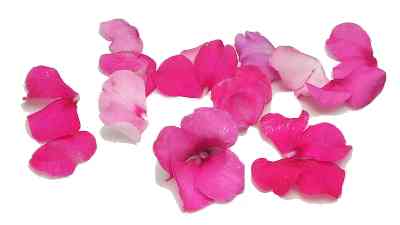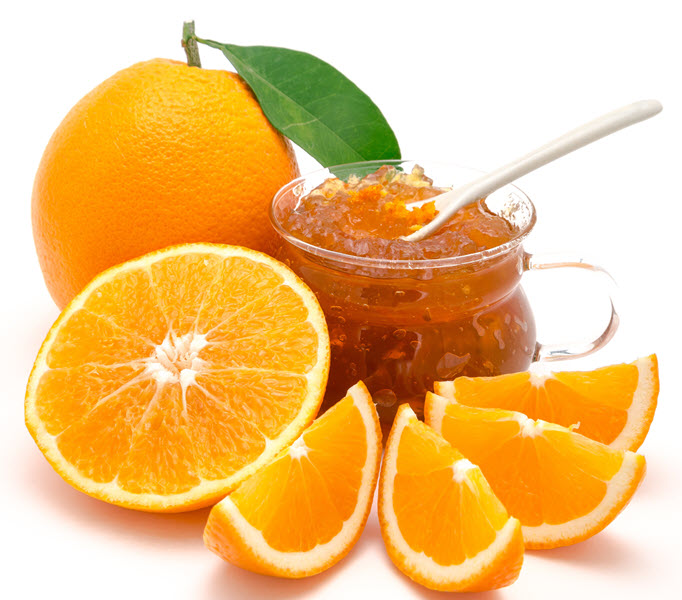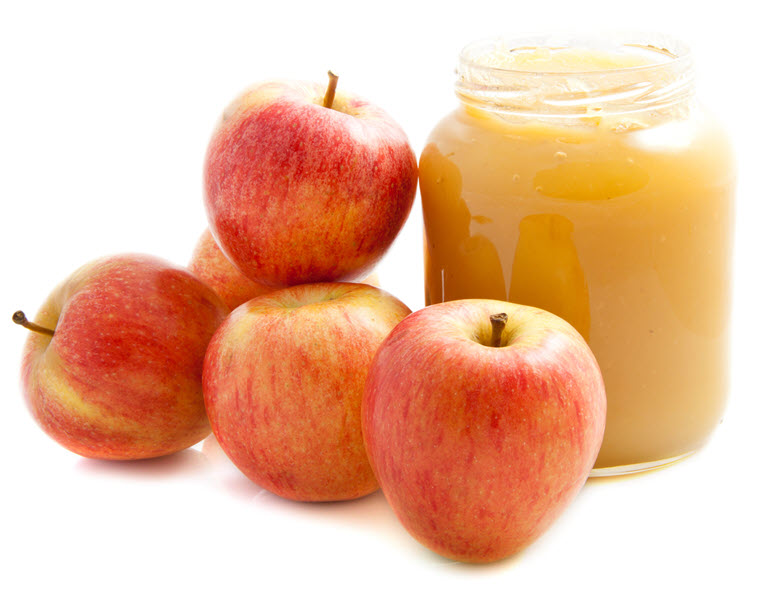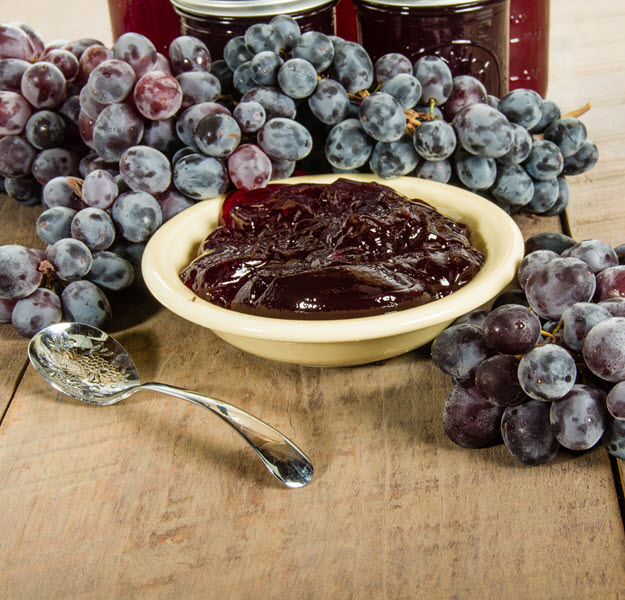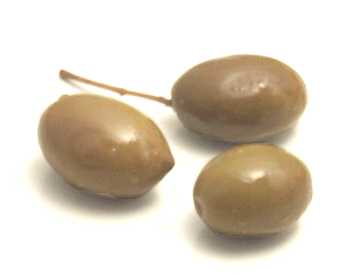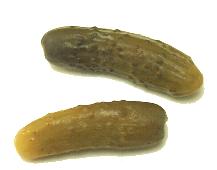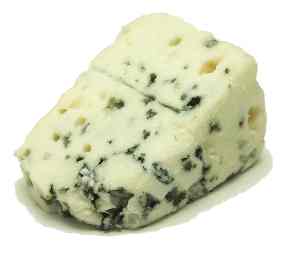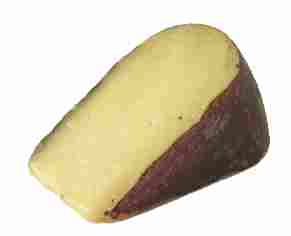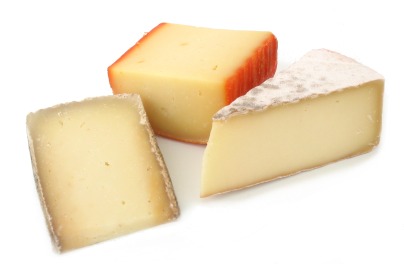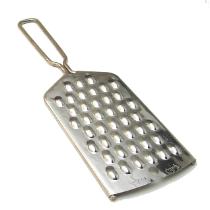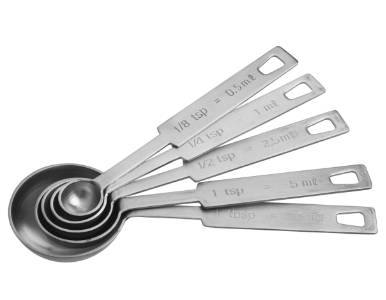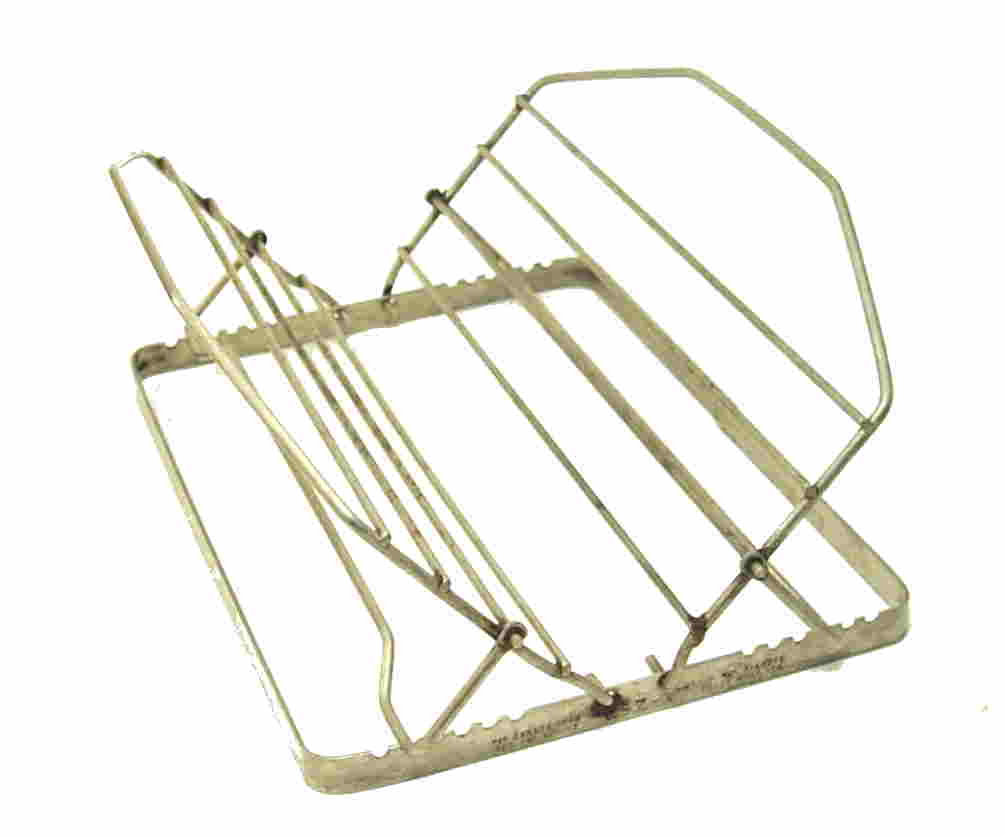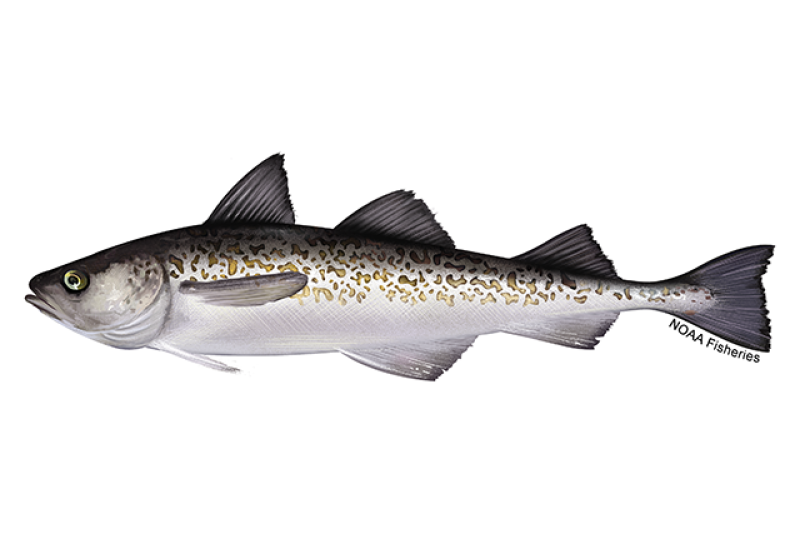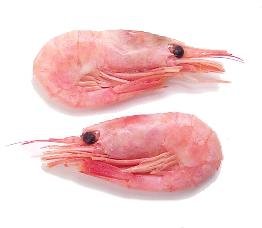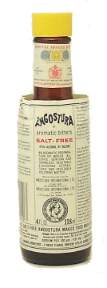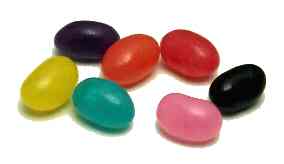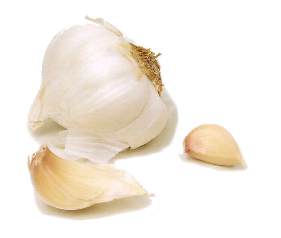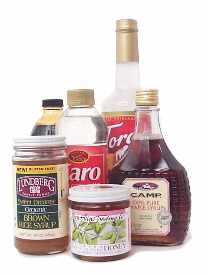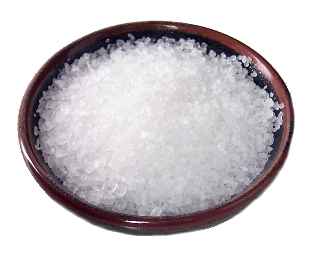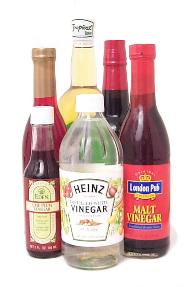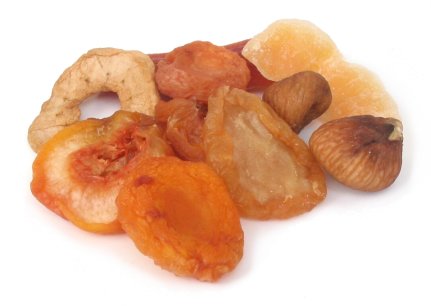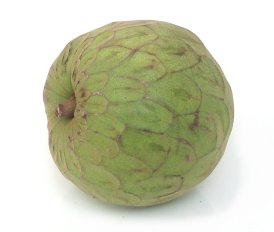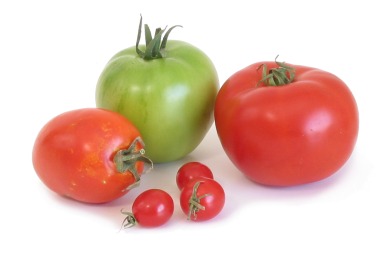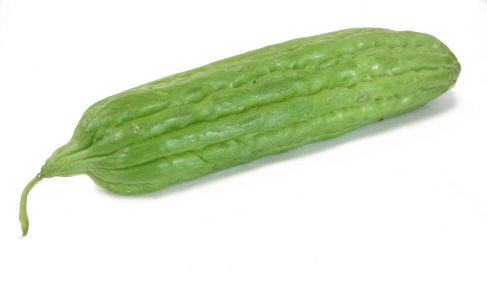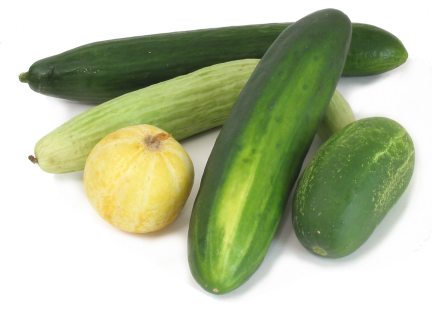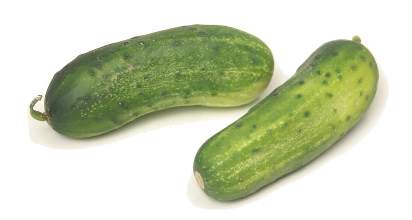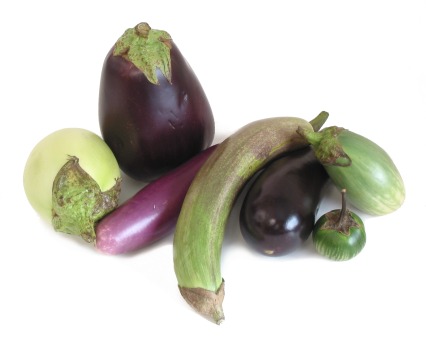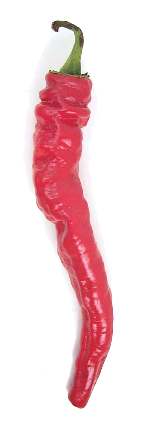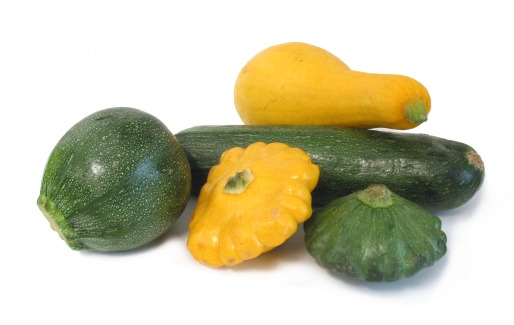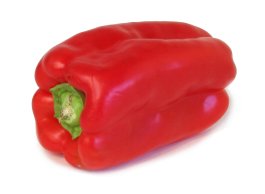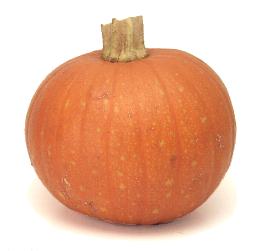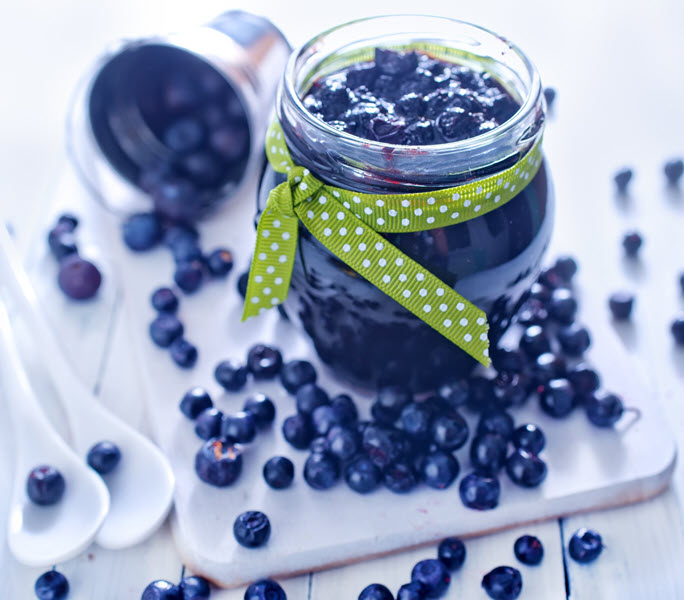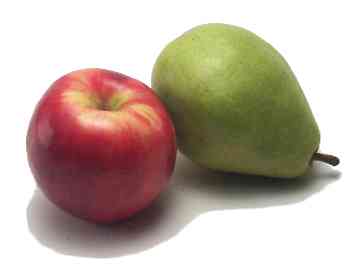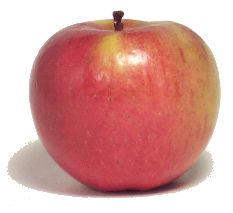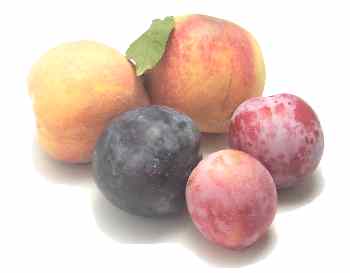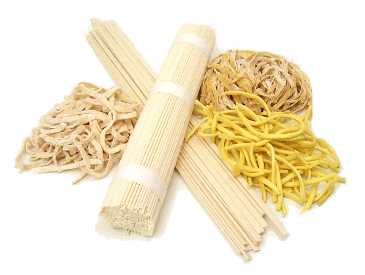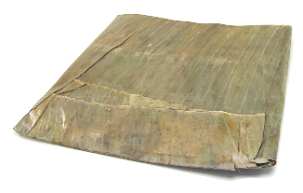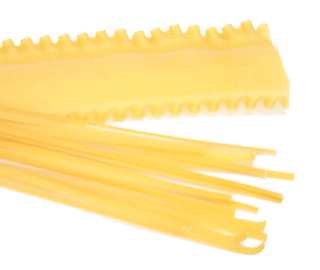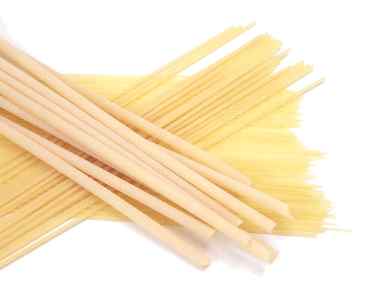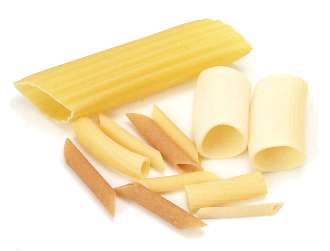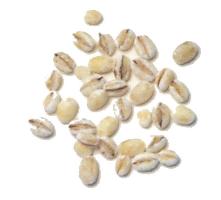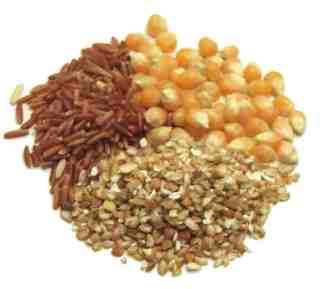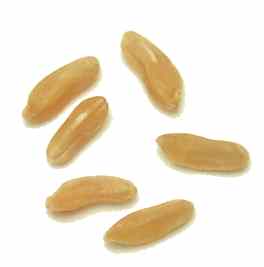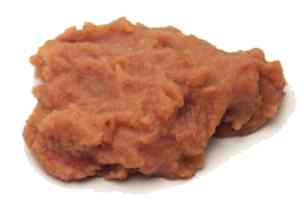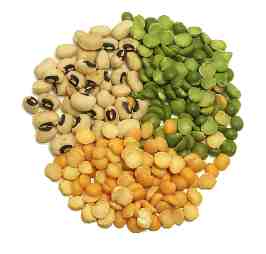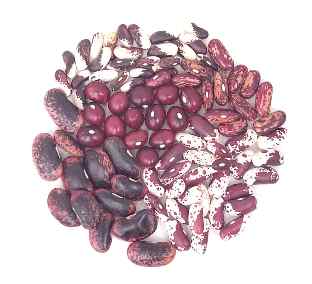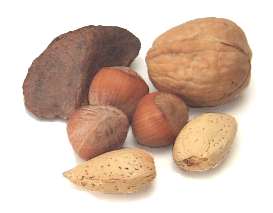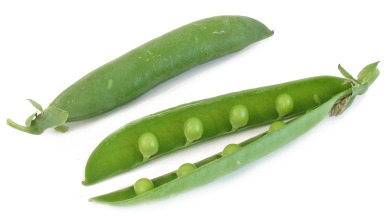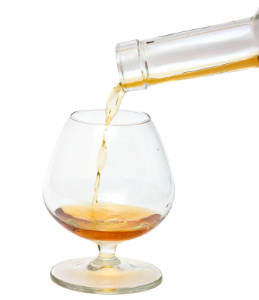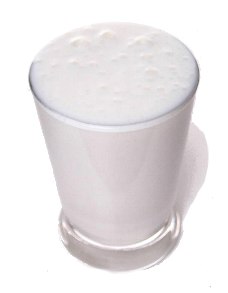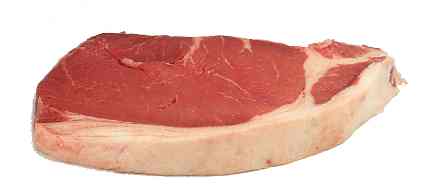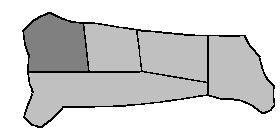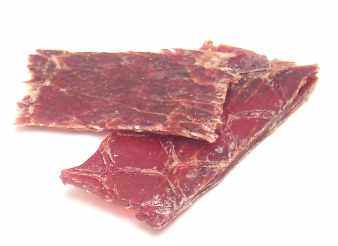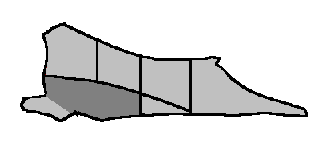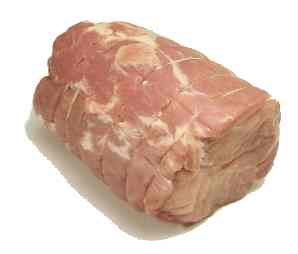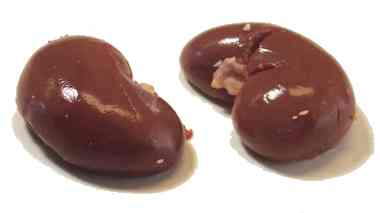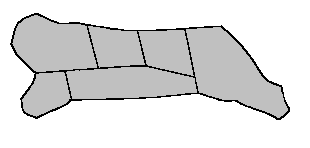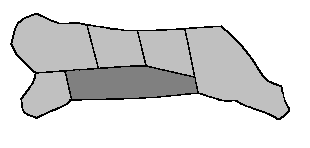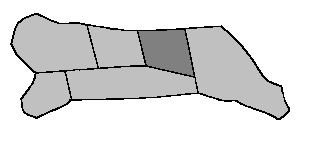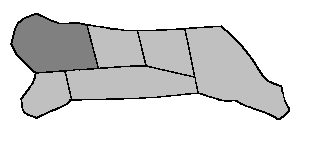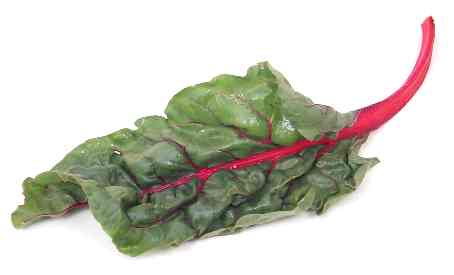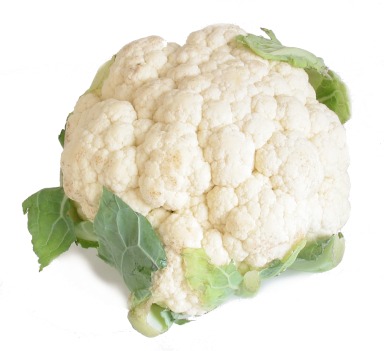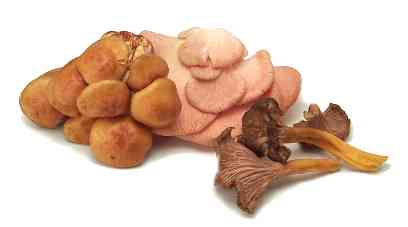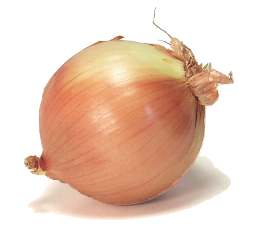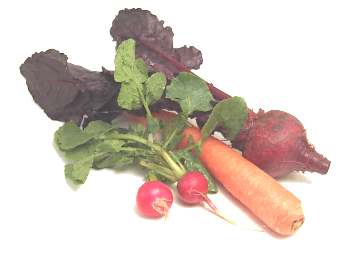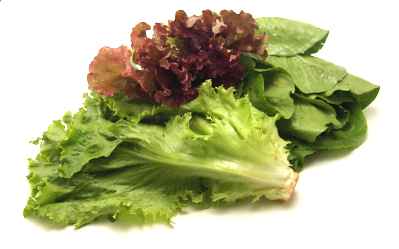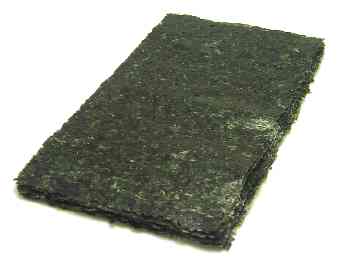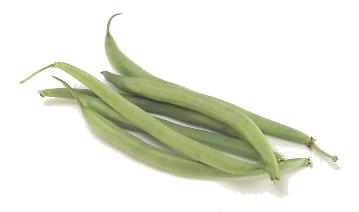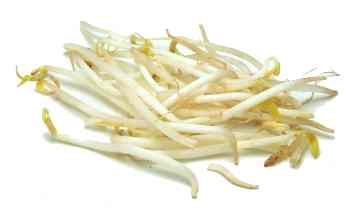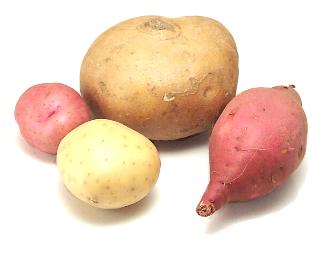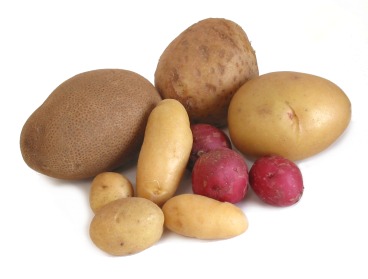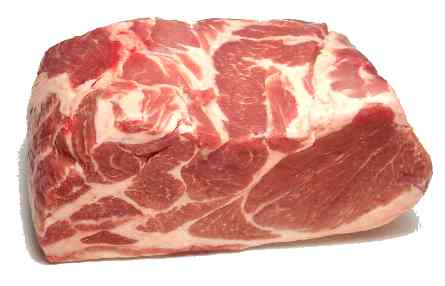All Ingredients
bomba rice
Bomba is a type of rice prized for its starchy center, which can absorb three times its volume of cooking liquid. It is often used in paella. It retains distinct short grains after cooking.
Learn moreBombay duck
This is a ten inch fish is native to coastal India. It is eaten fresh or salted and dried. It can have a very powerful smell.
Learn moreBoniato
Boniatos aren't as sweet and moist as other sweet potatoes, but many people prefer their fluffier consistency and more delicate flavor. Store them at room temperature and use them soon after your purchase them, since they tend to spoil quickly.
Learn morebonito dried
Bonito are related to mackerel, and the Japanese dry them and use them in soups. They're often shaved into thin flakes called bonito flakes or hanakatsuo.
Learn moreborage
Borage is best known for its attractive blue flowers, but Europeans sometimes use the leaves as an herb in salads and soups. Borage has a mild flavor that's been likened to that of cucumbers. The leaves are covered with prickly, throat-catching hairs, so it's best to either blanch them or chop them finely before serving them.
Learn moreBordeaux wine (red)
The Bordeaux region in France produces excellent red wines, especially in the districts of Médoc, Haut-Médoc, and St. Emilion. These wines are rich and complex, and usually made with a blend of Cabernet Sauvignon, Cabernet Franc, and Merlot grapes. Bordeaux wines with the generic label "Bordeaux Wine" usually aren't as good as those with more specific appellations, like "St. Emilion Wine." Red Bordeaux wines go especially well with lamb and poultry.
Learn moreBordeaux wine (white)
The Bordeaux region in France is renown for its red wines, but it also produces excellent white wines, made with Sauvignon Blanc and Sémillon grapes.
Learn moreBosc pear
This firm and crunchy pear is the best choice for cooking, because it holds its shape nicely. Bosc pears can also be eaten out of hand.
Learn moreBoston butt
This economical, rectangular roast is the cut of choice for pulled pork barbecue, since it's marbled with enough fat to keep the meat moist while cooking. You can buy it bone-in or boneless.
Learn moreBoston lettuce
This is a type of butterhead lettuce, with soft, tender leaves. It's terrific in salads and sandwiches, or the leaves can be used as a bed for other dishes.
Learn morebottarga
This Mediterranean specialty is made from the salted and sun-dried roe of either tuna (bottarga di tonno) or mullet (bottarga di muggine). You usually buy it as a sausage and shave off thin slices for hors d'oeuvres or grate it over pasta, fish, or salads. It's expensive but very tasty.
Learn moreboudin blanc
This is a white sausage made of meat (pork, chicken, or veal) and rice. France produces a very delicate milk-based version, while the Cajun version includes a lot of rice as a filler, making it chewier and more flavorful.
Learn moreboudin rouge
This Cajun specialty is similar to boudin blanc, except that it also includes pork blood. Use it soon after you buy it.
Learn moreBourbon whiskey
Though milder than Scotch, Bourbon is well regarded by whiskey connoisseurs. To be called Bourbon, whiskey must be produced in Kentucky and be made mostly with corn. Jim Beam is a popular brand, but more serious Bourbon lovers seek out Maker's Mark. Whiskey should be served at room temperature.
Learn moreboursault
This is a soft-ripened, triple crème French cow's milk cheese that is very rich and mild. For best flavor, serve at room temperature.
Learn moreBoursin
This creamy cheese from France is usually flavored with herbs, garlic or coarse ground pepper. It's mild and delicate, and goes well with fresh bread and dry white wine. Boursin is considered better than some other flavored spreadable cheeses, like Alouette or Rondelé, but none of these cheeses are well regarded by gourmets. Store Boursin in the refrigerator but bring it to room temperature before serving. Eat it within a few days of purchase.
Learn morebowfin roe
This has small, very dark olive-green eggs with medium firmness. It's an inexpensive, environmentally responsible alternative to the luxury caviars from the Caspian Sea. Consider perking up the flavor with a splash of fresh lemon juice.
Learn moreboysenberry
A boysenberry is a cross between a blackberry, a raspberry, and a loganberry. It's more fragile than a blackberry, but it doesn't have the blackberry's conspicuous seeds. Select boysenberries that are dark in color and free of mold.
Learn morebrains
Even adventurous eaters often draw the line at brains, and it's just as well, since they're loaded with cholesterol. Those who do eat them often scramble them with eggs. It's very important that brains be fresh, so either cook them or freeze them the day you buy them.
Learn morebran
This is the made from the outer husk of the grain, and it's a rich source of fiber. There are two types of fiber: insoluble fiber, which passes right through us undigested, and soluble fiber, which is digested by friendly bacteria in our intestines. Insoluble fiber is found in wheat bran and corn bran, and it's good for flushing out the intestines. Soluble fiber, found in oat bran, makes you feel full, so it's good for dieters
Learn morebrandy
Brandy is often served as an after-dinner drink, or added to coffee. According to legend, it was first produced when an enterprising sea captain distilled wine in order to save space on his ship. He planned to reconstitute it with water when he arrived at his home port, but those who sampled the new concoction liked it just the way it was. Today, most brandy is distilled from white wine, though red wine and other fermented fruit juices are also used. It's then aged in oak barrels for several years. To learn about different varieties of brandy, click here.
Learn morebrandy extract
People use this to impart the flavor of brandy without the alcohol. Though brandy extracts are made with alcohol, such a small amount is needed in any recipe that the end product is virtually non-alcoholic.
Learn morebratwurst
This is made with pork and sometimes veal, and seasoned with subtle spices. It usually needs to be cooked before eating, though some markets carry precooked bratwurst.
Learn moreBrazil nut
These nuts come from the Amazonian rainforest, and they're rich in protein, omega-3 fatty acid, and calcium. They're prone to rancidity, so store them in the refrigerator or freezer if you plan to keep them for awhile. It's easier to shell them if you first heat them in a 350° oven for about 15 minutes.
Learn morebread dough
You can make this yourself, or buy ready-made dough in the frozen foods sections of your supermarket. In addition to baking them into bread, you can use them to make breadsticks, pizza dough, buns, rolls, and bagels.
Learn morebread flour
This flour has a high level of gluten, which gives bread more structure. Don't confuse it with gluten flour (also called vital wheat gluten), which is pure gluten and used as a bread additive or to make seitan. To see how to substitute other flours when making yeast breads, see the listing under all-purpose flour.
Learn morebread machine yeast
This type of dry yeast is highly active and very finely granulated so that it hydrates quickly. Breads made with this yeast require only a single rise, so this yeast is handy to use in a bread machine. Most machines will have you add this yeast last, on top of the dry ingredients. If you're not using a bread machine, add this yeast to the flour and other dry ingredients. It's often sold in 4-ounce jars. You can store unopened jars at room temperature until the expiration date stamped on the jar, but the yeast lasts even longer in the refrigerator or freezer. If you freeze yeast, let it come to room temperature before using.
Learn morebreadcrumbs
These are used for breading foods, topping casseroles, stuffing poultry, thickening stews, and adding inexpensive bulk to meatloaves, hamburgers, and fish cakes. Dry breadcrumbs are made from very dry bread, and make for a crispy, crunchy coating for fried foods. The bread that's used to make soft or fresh bread crumbs isn't as dry, so the crumbs produce a softer coating, crust, or stuffing. Almost any bread can be used to make breadcrumbs, but crusty French or Italian bread works especially well.
Learn more









